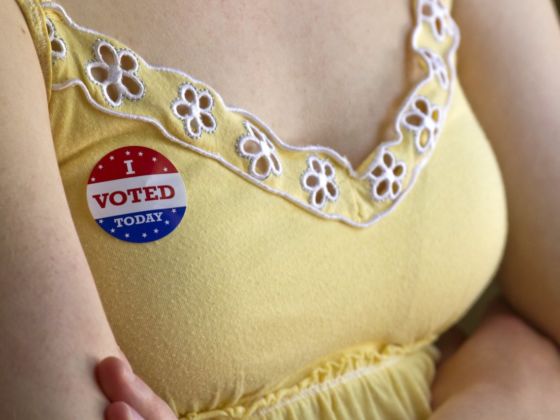D.M. Andre is an avid traveler, writer, husband, and father. The views and opinions expressed in this article are his and do not necessarily reflect the official position of Matador Network.
“May your choices represent your hopes, not your fears.” — Nelson Mandela
The consequences of third party voting are fairly straightforward — the individual you voted for receives one more vote and those you didn’t vote for get one less vote. Unfortunately, many people are trying to obscure this rather simple case of cause-and-effect with elaborate explanations of how third party votes really supported Donald Trump. Perhaps unsurprisingly, after Trump’s stunning win on Tuesday, a number of Democrats have unleashed a steady stream of vitriol against third-party voters. Many have tried to paint Donald Trump’s win as a direct consequence of people voting for the Libertarian and Green Party candidates. Others have immaturely tried to characterize third-party votes as protest votes. And some others have arrogantly tried to characterize third-party voters as nothing more than spoilers. Throughout these tirades, a common theme has emerged — those that lost are refusing to take responsibility for their loss.
